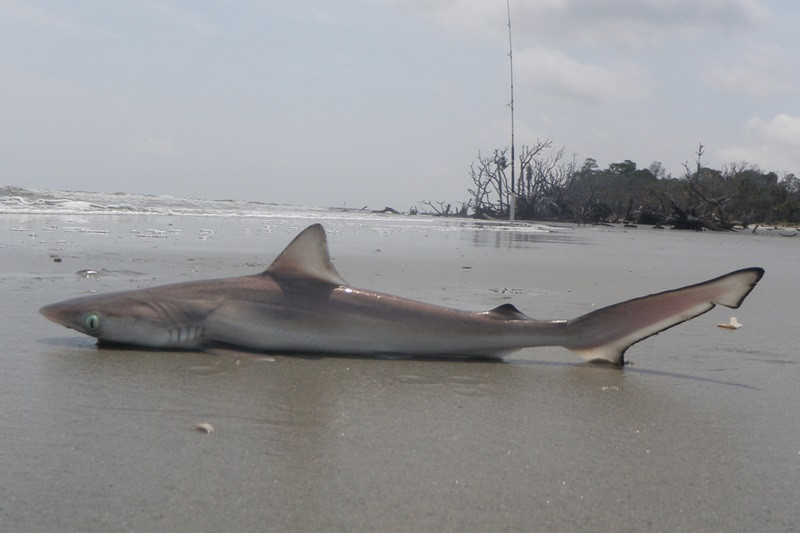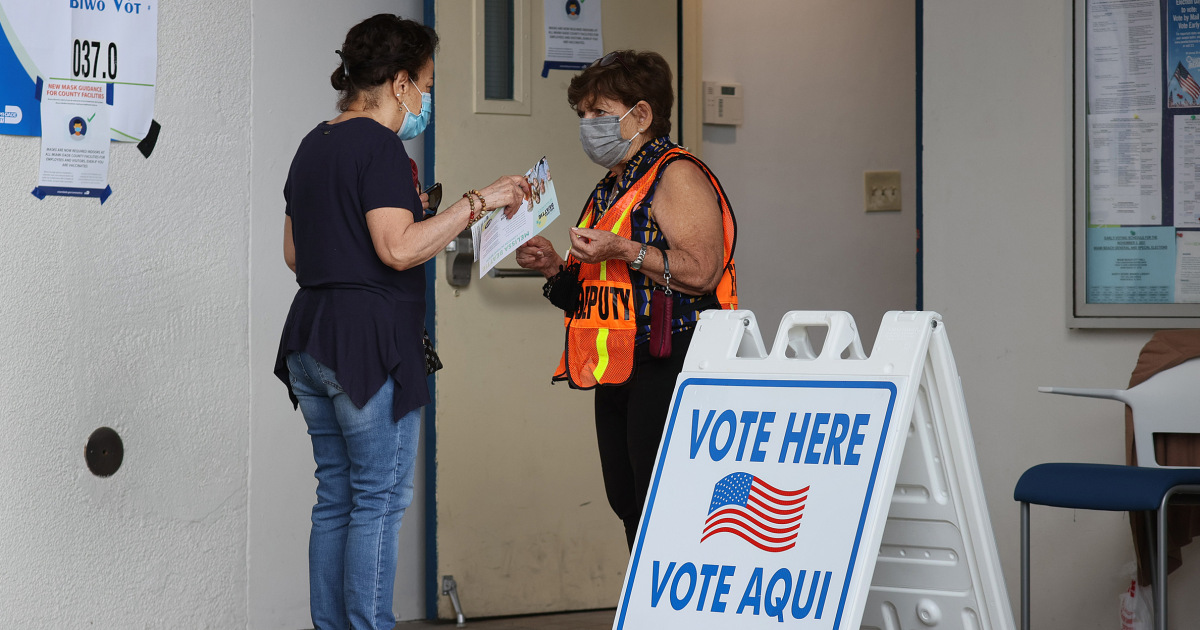Scientists have detected cocaine in sharks off the coast of Brazil. This marks the first time the drug has been found in wild sharks.
A recent study published in Science of the Total Environment and reported by Scientific American revealed that all 13 sharks examined tested positive for cocaine in their muscles and liver.
The implications for the sharks remain unclear, as explained by study co-authors Enrico Mendes Saggioro and Rachel Ann Hauser-Davis, ecotoxicologist and biologist at Brazil’s Oswaldo Cruz Foundation. “No one has ever studied the behavioural or physiological impacts of cocaine in sharks,” Hauser-Davis noted, adding that this drug is just one of many pollutants affecting these apex predators.
“We detected high levels of metals, ‘forever chemicals’ [PFASs], pesticides, and polycyclic aromatic hydrocarbons, including PCBs and PBDEs, in over 30 shark and ray species,” Hauser-Davis said. PCBs, banned in the US in 1976 and globally in 2001, are known carcinogens, while PBDEs, used as flame retardants, can disrupt brain development and hormones.
The idea to test sharks for drugs came after Mendes Saggioro found cocaine in river water in Rio de Janeiro. Brazil, with an estimated 1.5 million cocaine users, often sees untreated sewage containing drug residues enter waterways. Drug runners also sometimes dump cocaine into the ocean to evade capture. While a 2023 Discovery Channel special showed sharks investigating dummy cocaine packages near the Florida Keys, researchers believe sewage and contaminated prey are more likely sources.
Read also: Shark attacks reported in Florida and Texas, three injured
In this study, Brazilian sharpnose sharks (Rhizoprionodon lalandii) were tested, revealing an average cocaine concentration of 23 micrograms per kilogram in their tissue. Females had higher concentrations than males, and half of the females caught were pregnant, suggesting possible transmission to developing fetuses.
“Adults may have better-developed systems to metabolise these substances, but a developing foetus may not,” said Chris Lowe, a marine biologist and director of the Shark Lab at California State University, Long Beach.
Mendes Saggioro plans to expand testing to rays and migratory fish to determine the extent of contamination. The study underscores two major points: avoid eating sharks due to overfishing and contamination, and refrain from dumping waste, including illegal drugs, into the ocean.
“Please don’t dump your trash, including illegal drugs, into the water,” urged David Shiffman, a marine conservation biologist at Arizona State University.



